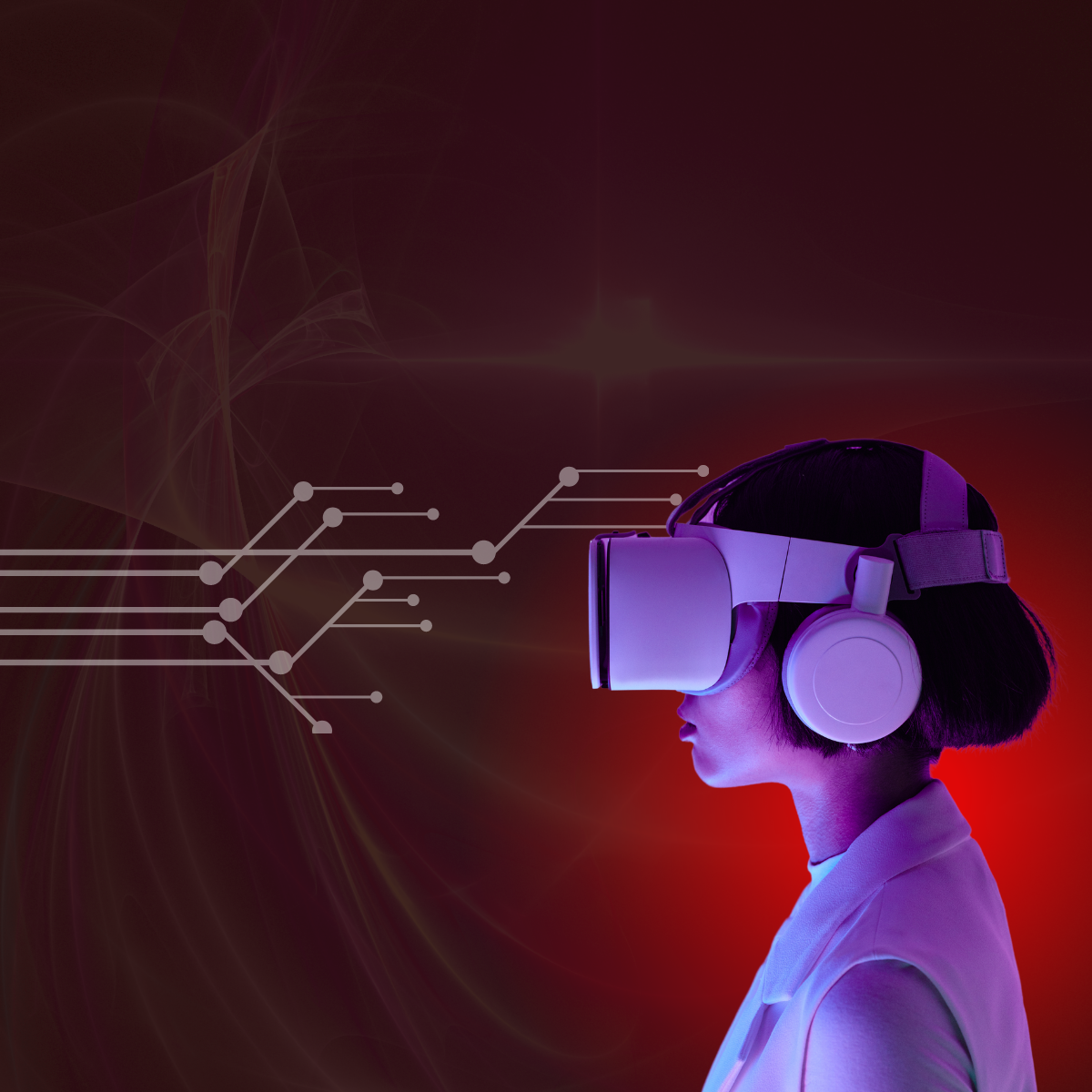AI (Artificial Intelligence) has been rapidly transforming various industries, and software development is no exception. Its impact on software development is profound and continues to evolve as AI technologies advance. Here are some ways AI is playing a transformative role in software development:
- Automated Code Generation: AI can assist developers by generating code snippets or even entire functions based on natural language descriptions or requirements. This speeds up development and reduces the chances of human error.
- Code Review and Quality Assurance: AI-powered tools can analyze code for bugs, security vulnerabilities, and adherence to coding standards. They can provide suggestions for improvement, leading to higher code quality and reduced maintenance efforts.
- Predictive Analytics: AI can analyze historical data to predict defects, project timelines, and potential roadblocks. This helps project managers make informed decisions and allocate resources effectively.
- Natural Language Processing (NLP): NLP-powered AI can help bridge the communication gap between technical and non-technical team members. It can convert user stories or requirements written in natural language into actionable development tasks.
- Automated Testing: AI-driven testing tools can automatically create test cases, execute tests, and identify areas prone to defects. This reduces the manual effort required for testing and enhances test coverage.
- Bug Detection and Resolution: AI can help identify, prioritize, and even suggest fixes for software defects, making the debugging process more efficient.
- Continuous Integration and Deployment (CI/CD): AI can optimize the CI/CD pipeline by automatically detecting bottlenecks, suggesting optimizations, and even triggering deployments based on predefined criteria.
- Personalized User Experiences: AI can analyze user behavior and preferences to provide personalized software experiences, improving user satisfaction and engagement.
- Data-Driven Insights: AI can analyze usage patterns and user feedback to provide insights that inform future software enhancements and updates.
- Maintenance and Updates: AI can assist in monitoring deployed software, identifying performance issues, and suggesting updates or patches in real time.
- Code Refactoring: AI can analyze codebases to identify opportunities for refactoring, improving code maintainability and efficiency.
- Collaboration Tools: AI-powered collaboration tools can help distributed development teams by automating repetitive tasks, facilitating knowledge sharing, and offering context-aware suggestions.
- Documentation Generation: AI can assist in generating documentation for codebases, APIs, and projects, reducing the time developers spend on writing and maintaining documentation.
- Resource Allocation: AI can analyze project requirements, developer skill sets, and availability to suggest optimal resource allocation for development tasks.
- Code Translation: AI can aid in translating code between different programming languages, making it easier to port or integrate software across platforms.
Overall, AI is transforming software development by automating repetitive tasks, enhancing decision-making with data-driven insights, improving code quality, and fostering more efficient collaboration among development teams. As AI technologies continue to advance, their role in software development will likely become even more central and impactful.




